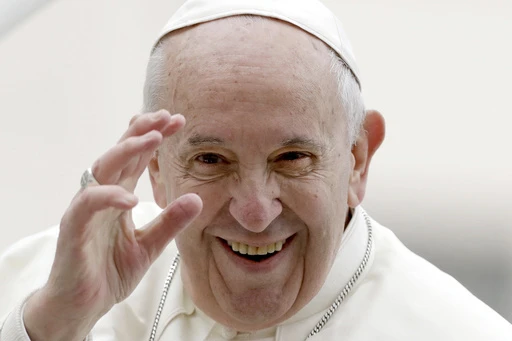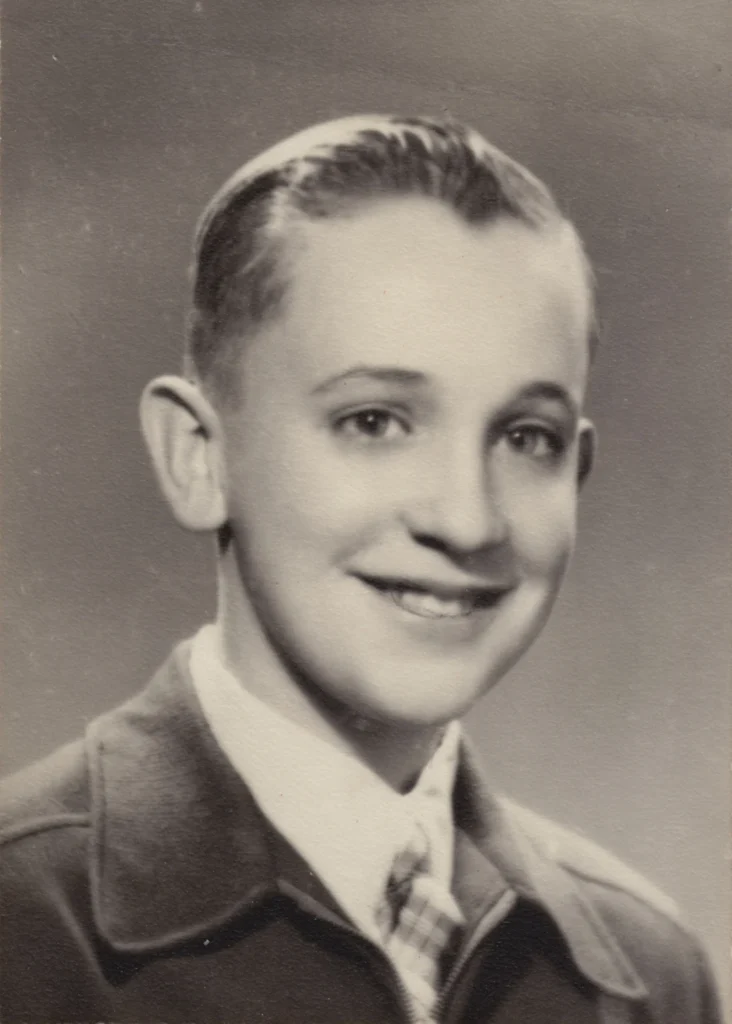Vatican City, April 21, 2025 — Pope Francis, the first pontiff from Latin America and a spiritual leader who redefined the role of the papacy with compassion, simplicity, and progressive calls for justice, died Monday morning in Rome. He was 88.

The official announcement of his death was delivered solemnly by Cardinal Kevin Farrell, the Vatican’s camerlengo, during a service at the Domus Santa Marta, the papal residence where Francis lived throughout his 12-year papacy. “At 7:35 this morning, the Bishop of Rome, Francis, returned to the home of the Father. His entire life was dedicated to the service of the Lord and of his Church,” said Cardinal Farrell, as bells rang out from churches across Rome in tribute.
Pope Francis, born Jorge Mario Bergoglio in Buenos Aires, Argentina, had long contended with chronic lung issues and had part of his right lung removed as a young man. In mid-February, he was hospitalized at Rome’s Gemelli Polyclinic after suffering a severe respiratory crisis that quickly developed into double pneumonia. He remained under intensive medical care for 38 days—the longest hospital stay of any pontiff in modern history—before returning briefly to public life.
On Easter Sunday, just one day before his death, Francis made a final public appearance from the balcony of St. Peter’s Basilica. Frail but smiling, he delivered a blessing to thousands gathered in the square below, then surprised onlookers with an impromptu ride through the piazza in the popemobile. The gesture, met with applause and emotional cheers, encapsulated the warm, human touch that defined his papacy. Moments before his public appearance, he met briefly with U.S. Vice President JD Vance—a meeting now noted as one of his final acts of diplomatic engagement.
Elected in March 2013 following the resignation of Pope Benedict XVI, Francis broke centuries of tradition, becoming the first Jesuit pope, the first from the Southern Hemisphere, and the first non-European pontiff in over 1,200 years. His approach to the papacy stood in stark contrast to many of his predecessors. From declining the papal palace in favor of modest quarters at Santa Marta, to washing the feet of prisoners and refugees during Holy Week, Francis cultivated a reputation for humility, accessibility, and concern for society’s marginalized.

Throughout his tenure, Francis made headlines with bold critiques of unregulated capitalism, environmental degradation, and global indifference to poverty. His 2015 encyclical Laudato Si’ was hailed as a groundbreaking theological document on climate change, urging global action and personal responsibility. He often clashed with more conservative factions within the Church over issues such as LGBTQ+ inclusion, interfaith dialogue, and clerical celibacy—positions that made him a beloved figure among progressives but a polarizing one within the Vatican hierarchy.
Despite his ailing health in later years, Francis remained deeply engaged with global issues and international diplomacy. He played a pivotal role in brokering the 2014 thaw in relations between the United States and Cuba, and consistently called for peace in conflict zones, including Syria, Ukraine, and the Holy Land.
As tributes pour in from world leaders, religious figures, and millions of faithful across the globe, preparations are now underway for the funeral rites of a pope whose tenure is widely seen as one of the most transformative in recent memory. The College of Cardinals is expected to convene in the coming weeks for a papal conclave to elect Francis’s successor.
The Vatican has confirmed that the late pontiff will lie in state at St. Peter’s Basilica later this week, with details of funeral arrangements to be announced shortly.



